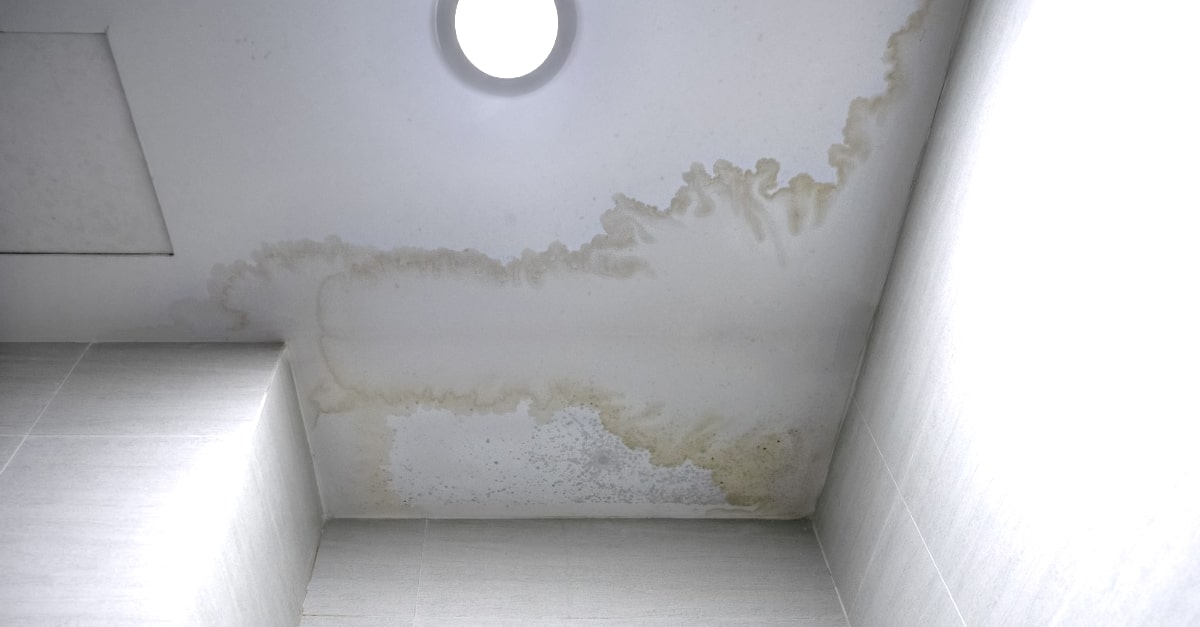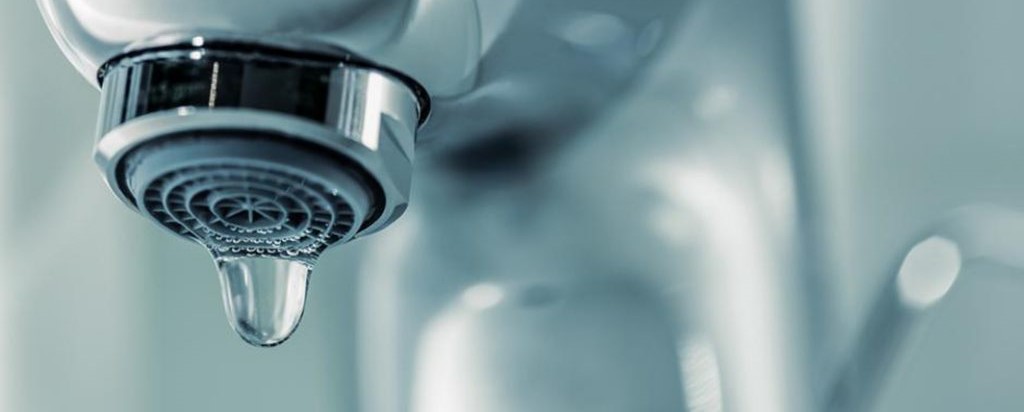Your Residential Most Typical Triggers of Leak Problems: Detailed Examination
Your Residential Most Typical Triggers of Leak Problems: Detailed Examination
Blog Article
In this article below you can locate more decent guidance related to Most Common Causes of Leaky Pipes.

Leakages not just cause waste of water however can also trigger unnecessary damages to your home as well as promote unwanted natural growth. By looking and understanding for everyday situations that create leaks, you can protect your residence from future leakages as well as unnecessary damages.
Trespassing origins
A lot of water leakages start outside the house rather than inside it. If you see a sudden decline in water stress, say in your faucet, require time to go out and also examine your lawn. You could observe damp patches or sinkholes in your yard, and that might imply that tree origins are attacking water lines creating water to permeate out. You can have your plumber check for invasion, specifically if you have trees or hedges near your residential property.
Rusty water supply
As time goes by, your plumbing system ages as well as corrosion such as corrosion might begin gnawing the pipes. This may be the source of discoloration or warping on your pipes. This requires an inspection with your plumber quickly. If our plumbing system is old, think about replacing the pipes considering that they go to a greater danger of deterioration than the more recent models.
Defective Pipeline Joints
Pipeline joints can wear away over time, resulting in water leakages. If you have noisy pipelines that make ticking or banging sounds, particularly when the warm water is turned on, your pipeline joints are most likely under a great deal of pressure.
Instant temperature changes.
Severe temperature level modifications in our pipes can trigger them to broaden and acquire unexpectedly. This development and contraction might cause fractures in the pipelines, specifically if the temperature level are below freezing. It would certainly be best if you watched on just how your plumbing works. The existence of the previously mentioned conditions often shows a high risk.
Poor Water Connectors
At times, a leak can be caused by loose tubes and pipelines that supply your home appliances. In case of a water connections leakage, you may notice water running directly from the supply line or puddles around your home appliances.
Blocked Drains
Blocked drains pipes could be annoying as well as inconveniencing, yet they can in some cases wind up creating an overflow leading to burst pipes. Keep removing any materials that may decrease your drains that might clog them to prevent such aggravations.
All the above are sources of leakages yet not all water leaks result from plumbing leakages; some leakages could come from roof covering leakages. All leakages ought to be repaired quickly to avoid water damages.
Leaks not just cause waste of water yet can also create unnecessary damages to your home and advertise unwanted organic growth. By looking as well as comprehending for everyday scenarios that trigger leaks, you can secure your residence from future leakages as well as unneeded damages. Today, we will certainly look at six leakage triggers that might be triggering your pipes to drip.
At times, a leak can be caused by loose hose pipes and pipelines that provide your home appliances. In instance of a water links leakage, you may notice water running directly from the supply line or pools around your home appliances.
Tell-Tale Signs of a Water Leak
The Sound of Running Water
If you’re hearing water running, your first step should be to check your faucets, toilet valves, and outdoor spigots. If everything if status quo, take an exact reading of your water meter and don’t use the water for a few hours. Then, take another meter reading. If there has been no change, that means water is not running (and maybe it’s time to have your hearing checked!). If the reading has changed, however, this indicates that water is indeed flowing and you most likely have a leak.
Wet or Damp Floors
You’re walking across your carpet and suddenly squish—your sock is soaked! The dog doesn’t look guilty and your child swears they didn’t spill anything. That means you’re likely looking at sewer leakage. Now, it’s easy to just soak it up with a towel and call it a day; however, this won’t stop the leak. Ignoring the problem allows moisture to build up, ultimately causing mold or mildew. Not only is this smelly, it can be very toxic and harmful to children, the elderly, pets, and those with weak immune systems. Don’t risk the health of your home and your family—call in a professional to take care of the problem.
Foul Odors
If there’s an unpleasant smell in your home and you can’t locate the source, don’t just light a candle or spray some Febreze. Funky smells are often due to mold and mildew, which spread fast under ideal conditions (optimal temperature and level of humidity). Growth begins within about 24-48 hours, and spores start to colonize in 3-12 days, becoming visible to the eye within about 18 days. If you think the odor is leak-related, get a plumber out as soon as possible to mitigate damage from rapid fungi growth (and rid your home of the foul odor).
Overgrowth in the Lawn
Unless you didn’t fertilize your lawn evenly, a lush patch of grass in a select area of your lawn, or concentrated wet spots, indicate pipe leakage which is acting as a fertilizer. Left untreated, hazardous bacteria in the underground waste will quickly turn into a messy situation, going from lush growth to lawn destruction.
Wall Cracks
Over time, even the littlest of leaks can cause cracks in the foundation of your home and compromise the entire structure. How does it happen? The leak continues hammering away at the same spot in the ground beneath your home, eventually causing it to shift slightly. Now, you’d never feel this shift, but your walls will. This can be a very dangerous situation, so if you’re seeing vertical or diagonal cracking in your walls it’s best to call a plumber right away.
https://www.expresssewer.com/blog/6-telltale-signs-of-a-water-leak-in-your-home

Do you really like more info about How to detect water leaks in your home? Place a review down below. We will be glad to find out your opinions about this page. Hoping that you come back again before long. Loved our post? Please share it. Let others discover it. Bless you for your time. Kindly visit our blog back soon.
Immediate assistance? Ring! Report this page